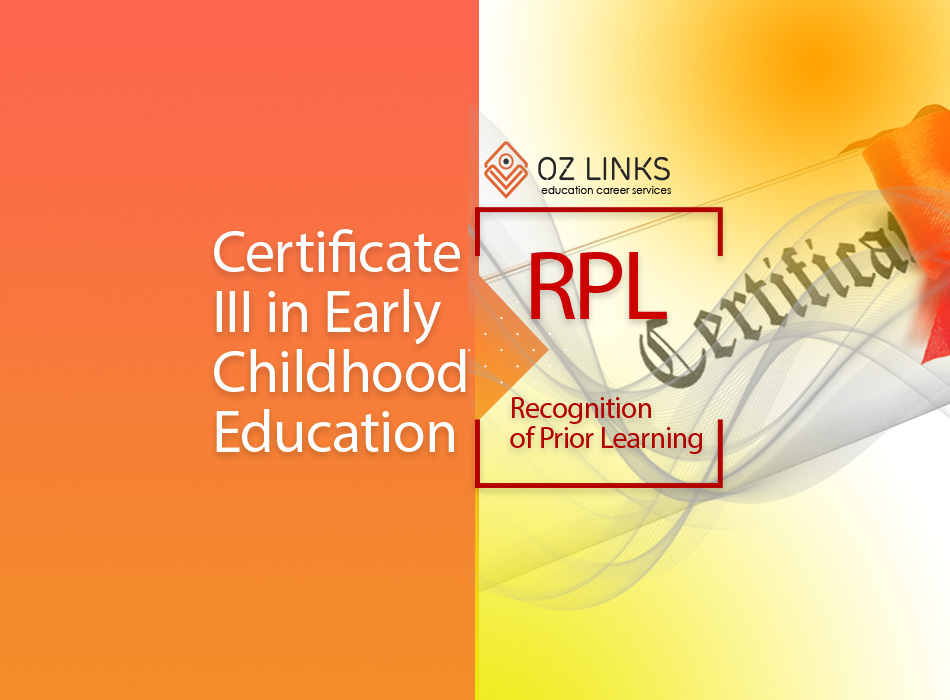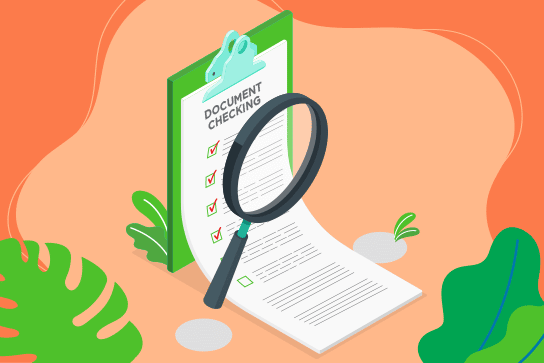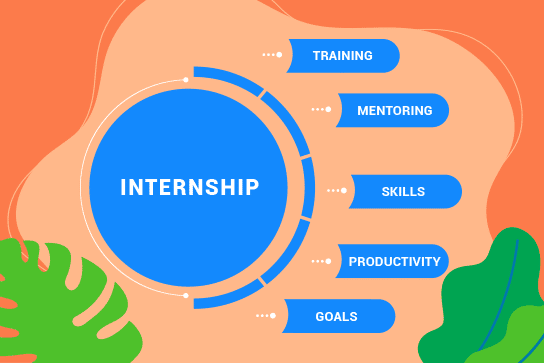Last Updated on October 23, 2025 by Ozlinks Education
Certificate III in Early Childhood Education
This qualification reflects the role of educators in early childhood education and care who work in regulated children’s education and care services in Australia. They support children’s wellbeing and development in the context of an approved learning framework. Educators use a range of well-developed skills and knowledge, using discretion and judgement, when carrying out their work in the context of established policies and procedures. Early childhood educators work in long-day care centres, family day care, preschools, or kindergartens.
Under the Education and Care Services National Law (2011), the Australian Children’s Education and Care Quality Authority (ACECQA) publish lists of approved early childhood education and care qualifications and information regarding regulatory requirements here: acecqa.gov.au
To attain the CHC30121 Certificate III in Early Childhood Education qualification, you must demonstrate competency in a total of 17 units.
- 15 core units
- 2 elective units, consisting of:
Why do I need the Certificate?
Obtaining your Certificate III in Early Childhood Education and Care may lead to an improvement in your earnings and employment options. This can be accomplished by leveraging your existing skills in the early childhood care sector, extending your options as a childcare worker, childcare assistant, or early childhood educator, and opening the door for salary negotiations.
What does an early childhood educator do?
Early childhood educators support the social, emotional, physical, and educational development of infants and young children. They help them take their first steps in education.
Their job involves:
- Plan and implement individual programs based on observation of what children know and understand.
- Prepare and supervise play and learning materials, maintain a safe, clean, and appealing environment.
- Observe, assess and record children’s learning and development, and liaise closely with parents and other professionals.
- Support the participation of children with additional needs in the program.
- Perform basic first aid in emergencies.
- Help children with daily routines and promote health and safety concepts.
- Guide and promote positive social interactions between children.
What is Recognition of Prior Learning?
The Australian Qualification Framework (AQF), overseen by the Department of Education in collaboration with the states and territories, ensures that all students have the right to have their prior education, relevant work experience, and training recognised. This facilitates their progression towards and between qualifications.
Each registered training organisation (RTO) has its own policies and procedures for assessing your eligibility for Recognition of Prior Learning (RPL), although the fundamental principles remain consistent. The experience and skills you have acquired through your work can help you complete a qualification more quickly, thereby reducing the time commitment required to undertake a course and bringing you closer to your desired career.
The advantages of using RPL program
Recognition of Prior Learning (RPL) program offer numerous benefits, including time and cost savings by validating existing skills and experience, expedited qualification achievement, and improved employment prospects. RPL program helps you:
- There is no need to relearn what you already know.
- It saves both your time and tuition fees.
- Assist you in achieving your career change objectives in Australia.
- Gaining an Australian qualification requires less time.
- You do not need to attend classes or redo the training you have already completed.
- Open new career opportunities in the automotive industry.
- Obtain a qualification to satisfy the visa or skills assessment requirements.

Evidence requirements
Below is the general list of documents that you are required to provide to support your RPL assessment application:
- 100 points of identification documents (ID)
- A current resume outlines your relevant employment history
- Student USI number
- Evidence of employment indicates that you have been working at the hospitality management level, including an employment reference letter, an employment contract, payslips, an income statement, and superannuation.
- Workplace photos and videos that showcase you performing your tasks in accordance with the job duties outlined above demonstrate your competency in the relevant qualification.
Note: Additional gap training may be necessary to address any areas for improvement and to ensure a positive assessment outcome. An RTO assessor might conduct a competency interview with you to identify any existing training gaps.
How does Ozlinks Education help with RPL?
Ozlinks Education can assist you with the Recognition of Prior Learning (RPL) process by acting as your agent. We will guide you through every step, from preparing your application to obtaining a formal qualification. Our services include gathering and preparing required documents; locating a suitable Registered Training Organisation (RTO) partner; and offering tailored support to help you convert your work experience into a recognised certificate.
RTO partnership
As an education agent, we maintain partnerships with various RTOs, enabling you to access a diverse range of RPL programs and select a qualification that aligns with your skills.
Application assistance
We assist you in preparing and submitting your application by guiding you through the process and clarifying the requirements for skill assessment.
Document preparation:
We assist you in preparing your employment portfolio and collecting the essential evidence to showcase your skills and experience.
Tailored support
Our team offers personalised support to maximise your chances of successfully obtaining the qualifications necessary to advance your career.
Skills Assessment Support


